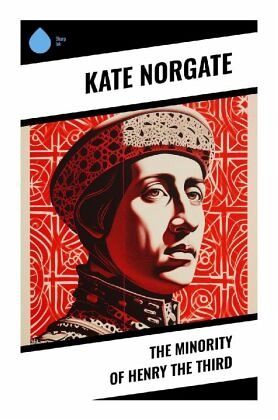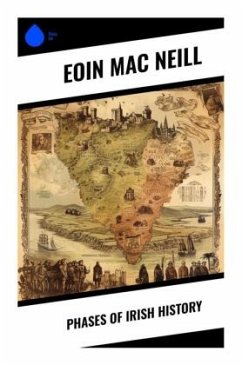
The Minority of Henry the Third
Versandkostenfrei!
Versandfertig in 6-10 Tagen
10,90 €
inkl. MwSt.
Weitere Ausgaben:

PAYBACK Punkte
0 °P sammeln!
In "The Minority of Henry the Third," Kate Norgate offers a meticulous examination of a pivotal period in English history, focusing on the early reign of Henry III during his minority. Norgate employs a clear yet evocative literary style, enhanced by her extensive use of primary sources and contemporary accounts that provide rich context for the sociopolitical climate of 13th-century England. Her narrative not only chronicles the complexities of the regency and the power struggles within the monarchy but also delves into the broader implications for governance and justice during a time of sign...
In "The Minority of Henry the Third," Kate Norgate offers a meticulous examination of a pivotal period in English history, focusing on the early reign of Henry III during his minority. Norgate employs a clear yet evocative literary style, enhanced by her extensive use of primary sources and contemporary accounts that provide rich context for the sociopolitical climate of 13th-century England. Her narrative not only chronicles the complexities of the regency and the power struggles within the monarchy but also delves into the broader implications for governance and justice during a time of significant transition. Kate Norgate, an esteemed historian with a keen interest in medieval English governance, draws upon her academic background and previous works to breathe life into this often-overlooked era. Her comprehensive research is the result of years of dedication to understanding the intricacies of the medieval period, particularly in relation to monarchical authority and the influence of noble factions. Norgate's insights are enriched by her broader exploration of the narratives surrounding kingship and succession in England, allowing her to approach Henry III's minority with both rigor and empathy. For readers interested in medieval history, "The Minority of Henry the Third" stands as an essential contribution that not only recounts historical events but also invites reflection on the nature of leadership and the evolution of royal authority. Norgate's synthesis of analytical depth and narrative accessibility makes this work a vital resource for historians, students, and any enthusiasts of English history.













